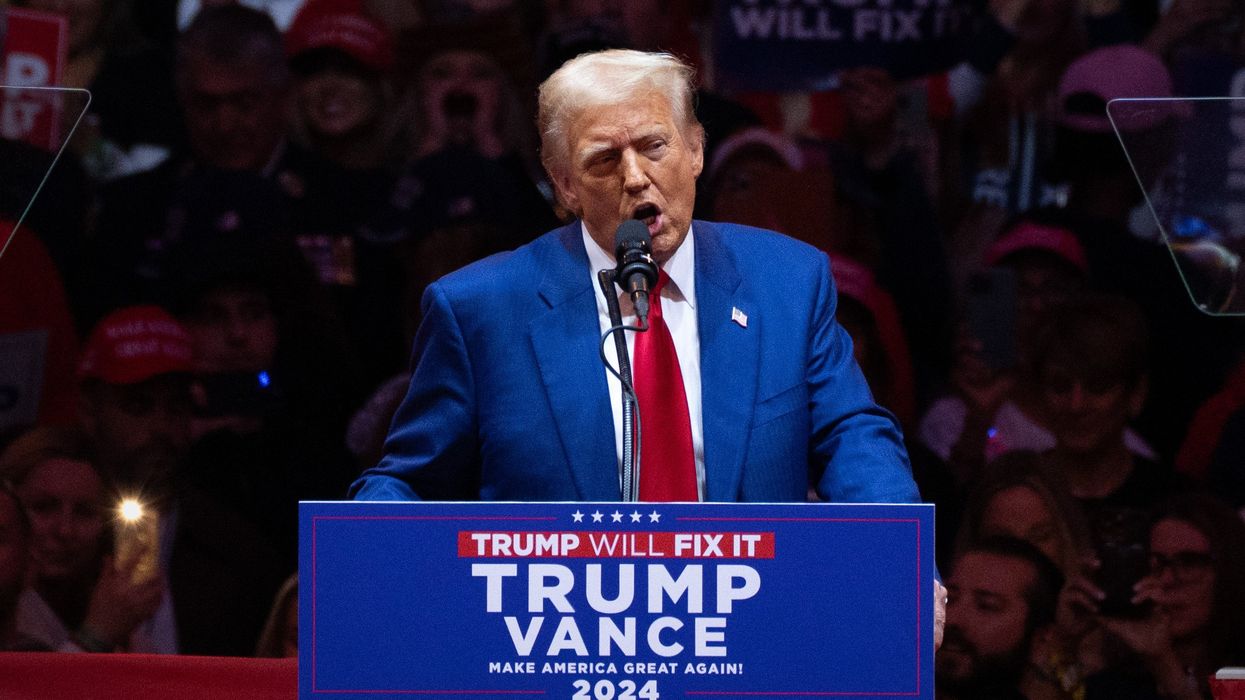In the column, "Is Donald Trump Right?", Fulcrum Executive Editor, Hugo Balta, wrote:
For millions of Americans, President Trump’s second term isn’t a threat to democracy—it’s the fulfillment of a promise they believe was long overdue.
Is Donald Trump right?
Should the presidency serve as a force for disruption or a safeguard of preservation?
Balta invited readers to share their thoughts at newsroom@fulcrum.us.
Buell Hollister from Massachusetts had this to say...
The most optimistic way to look at our situation today is that perhaps Trump has offered us a political emetic.
Our nation seems to go through cycles of rebirth and flourishing productivity, followed by bloating and political constipation roughly every 70 or 80 years: the first dose was in the 1860s and the Civil War. The great stock market crash in 1920, followed by the Depression, was the second. We were feeling great until we had to swallow Nixon and Vietnam in the '70s.
Since then, the economy has been (with a few steps backward) generally good, with the stock market and general prosperity on the rise, but in the last decade or so, we have teetered between liberalism and oppression until Trump came along, claiming to have some deadly nightshade that tastes really bad but will be good for us in the long run.
We can eat it or throw it on the floor. Our choice.
We invite you to read "Is Donald Trump Right?" and accept Hugo's invitation to share your thoughts at newsroom@fulcrum.us.
The Fulcrum will select a range of submissions to share with readers as part of our ongoing civic dialogue.
We offer this platform for discussion and debate.




















Trump & Hegseth gave Mark Kelly a huge 2028 gift